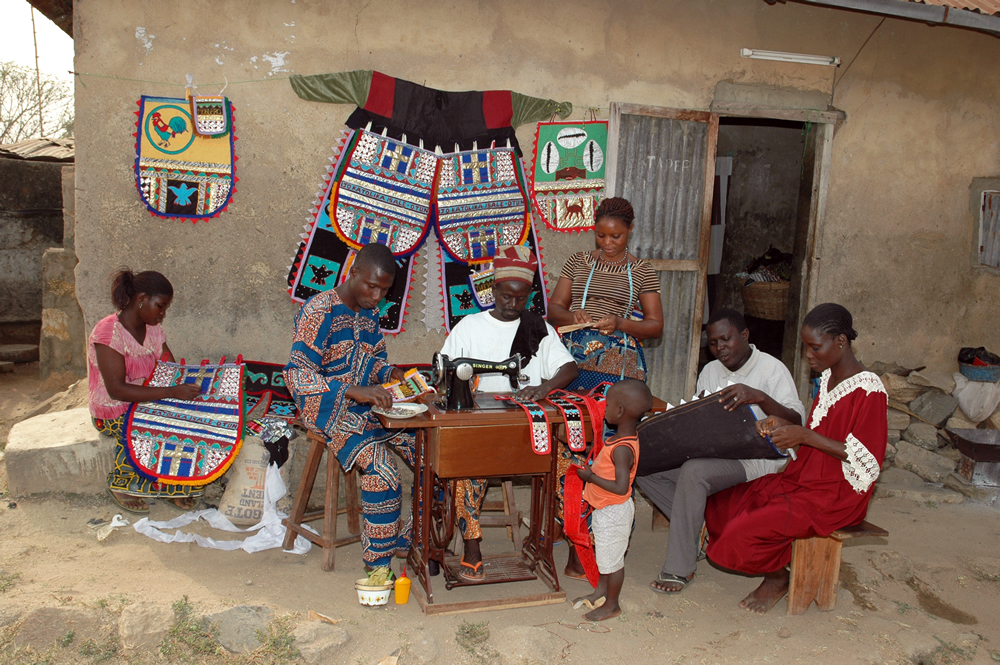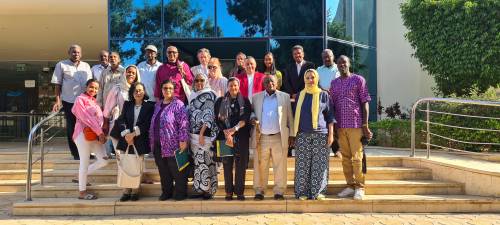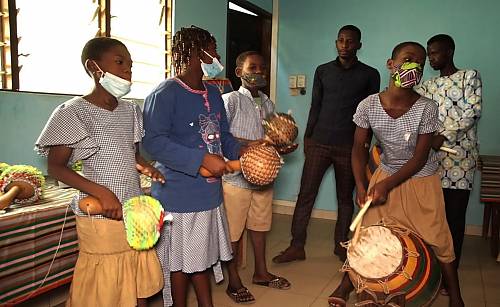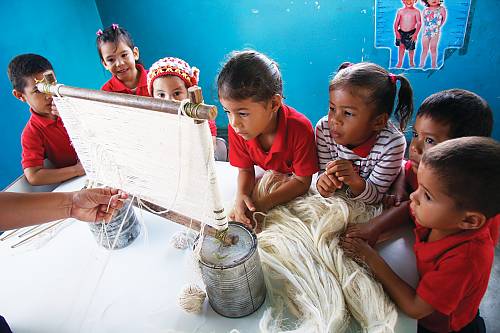Sudan will receive US$174,480 from the Fund to document and inventory its intangible cultural heritage. Capacity-building of community-based inventories, as well as strengthening operational structures and cooperation at the level of national and local institutions, are at the core of the proposed project which will be implemented in the regions of Kordufan and Blue Nile as a pilot.
Kenya is being supported with a grant of US$24,038 to inventory the living heritage of the semi-nomadic pastoralist Samburu community living within the Mount Kulal Biosphere Reserve in northern Kenya in view of its safeguarding. Particular attention will be paid to the role that intangible cultural heritage plays in preventing or resolving conflicts and in maintaining social cohesion, specifically in relation to limited shared resources.
Funding for Togo amounting to US$24,950 is granted to inventory, safeguard and promote the skills involved in manufacturing and playing traditional Togolese musical instruments. The project will involve young people from local communities and will introduce activities designed to inspire communities to ensure transmission from generation to generation. This project represents a pilot phase in Maritime Region, south Togo, and will be used as a basis to develop a project further across the country.
The 2003 Convention for the Safeguarding of the Intangible Cultural Heritage provides the possibility for States Parties to request international assistance for programmes and projects aimed at safeguarding intangible cultural heritage. See form ICH-04 and its instructions from the forms page to request international assistance under the Intangible Cultural Heritage Fund.




